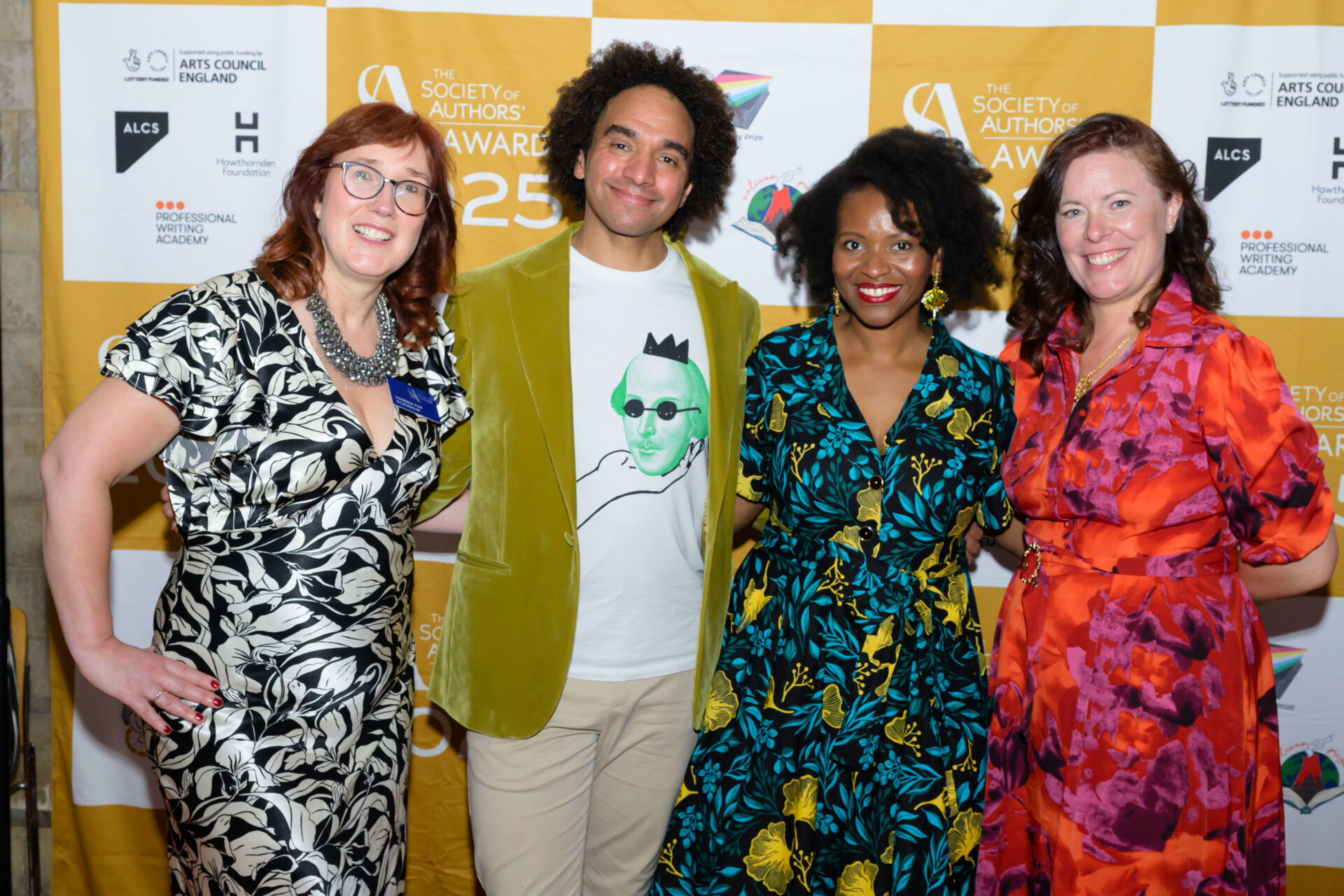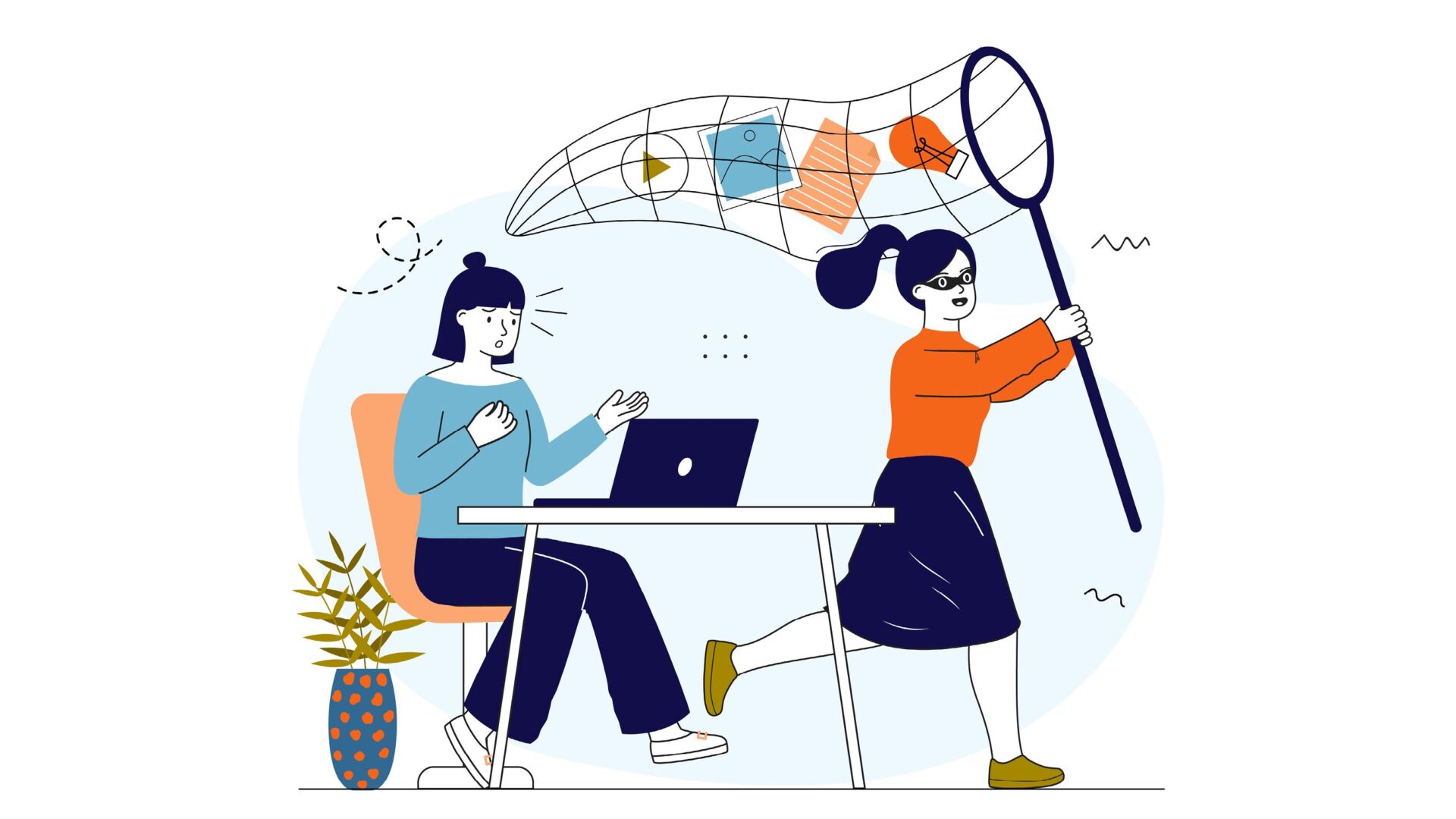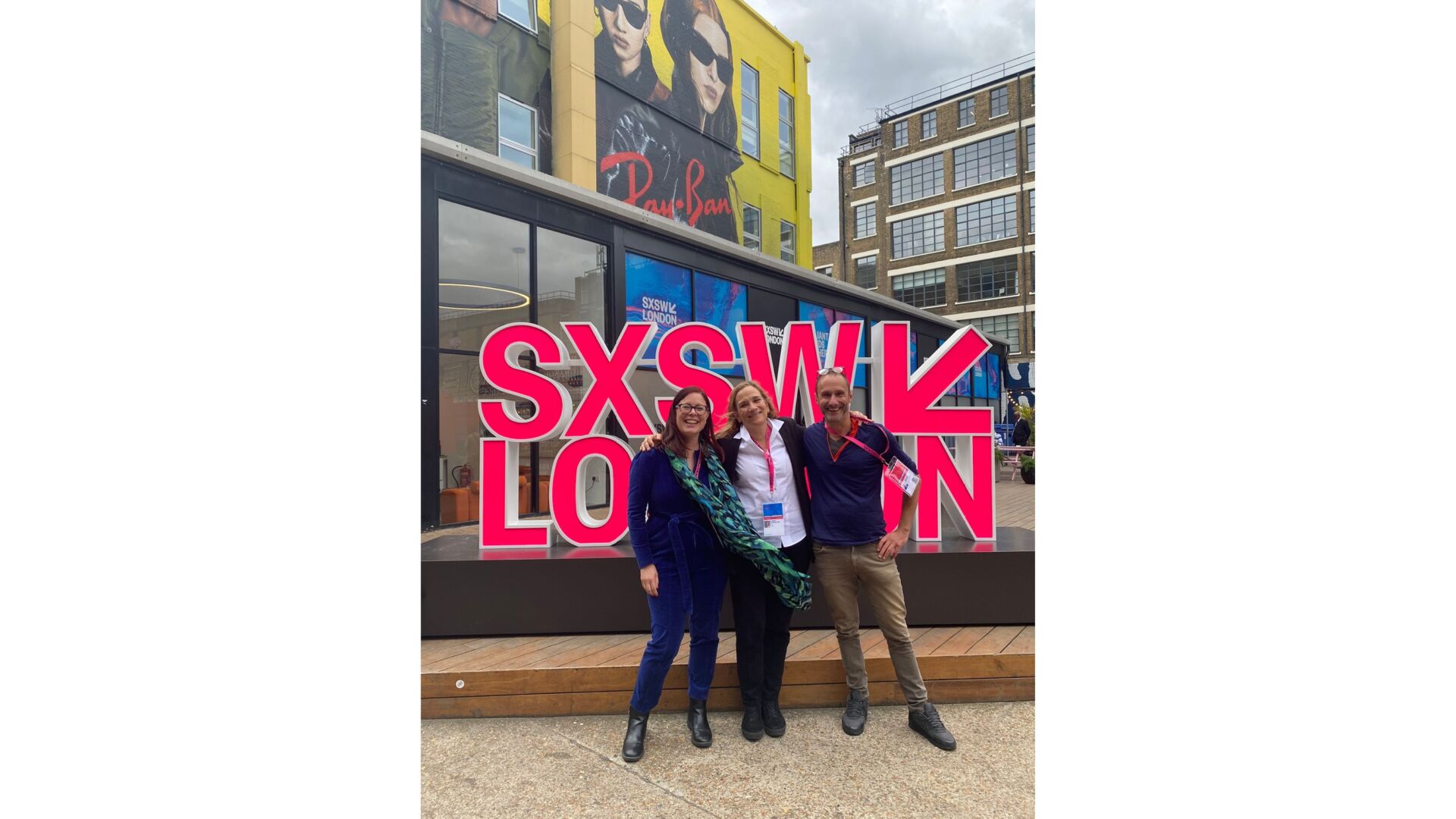Copyright and Artificial Intelligence public consultation
The government has launched a public consultation which will run until 25 February 2025.
The consultation seeks views on proposals to deliver the government’s objectives for Artificial Intelligence (AI) and the creative industries; these objectives are:
- ‘boosting trust and transparency between sectors, by ensuring AI developers provide right holders with greater clarity about how they use their material.’
- ‘enhancing right holders’ control over whether or not their works are used to train AI models, and their ability to be paid for its use where they so wish.’
- ‘ensuring AI developers have access to high-quality material to train leading AI models in the UK and support innovation across the UK AI sector.’
We will be surveying members in January to gather up-to-date evidence regarding the economic impact of generative AI on member incomes and to inform our response to the consultation.
We will be working with industry bodies including the British Copyright Council, Creators’ Rights Alliance and the newly-established Creators Rights in AI Coalition to ensure that our members’ rights and interests are strongly represented.
Members are welcome to share your views on AI at publicaffairs@societyofauthors.org ahead of the SoA’s response to the consultation.
Listen: Richard Osmond and Marina Hyde discussed the consultation on The Rest is Entertainment.
Reacting to the release of the government’s consultation on AI and copyright, the Creative Rights in AI Coalition said:
‘Whilst members are still digesting the details of the consultation, rights holders do not support the new exception to copyright proposed. In fact, rights holders consider that the priority should be to ensure that current copyright laws are respected and enforceable.
‘The only way to guarantee creative control and spur a dynamic licensing – and generative AI -market is for the onus to be on generative AI developers to seek permission and engage with rights holders to agree licences. We welcome proposals for transparency measures which will allow rights holders to understand how their work has been used but these should be implemented to make existing copyright law enforceable, rather than being offered as a ‘trade off’ for the degradation of copyright protections.’
In case you missed it
Creative Rights in AI Coalition
On 16 December 2024, the Creative Rights in AI Coalition launched – a coalition of rightsholder representatives including artist, author, musician and photographer unions, publisher and music producer trade bodies. The Coalition – of which the SoA is a member – is calling on government to enforce and protect copyright without compromising rights, ahead of the recently launched government consultation on Copyright and Artificial Intelligence.
Baroness Kidron hosts Parliament event
On 9 December 2024, Baroness Kidron, cross-bench peer in the House of Lords and advisor to the Institute of Ethics in AI (University of Oxford), hosted an event in Parliament to support the protection of intellectual property in the context of generative AI.
Authors attending the event in solidarity with the cause included SoA Fellows Vaseem Khan and Kate Mosse.
Kate Mosse said:
‘As a writer, I want to engage with AI, and I do engage with AI. But we are looking for the F word: fairness […]. Give us a seat at the table – we are not here to stop you. We embrace change. But if copyright is watered down, it will severely damage the creative industries.’
Baroness Kidron emphasised the urgent need for robust protections for creators:
‘Failing to pay for creative work is hollowing out our creative industries and preventing the next generation from contemplating a creative life. Our creative industries fuel our economy, sustain our soft power and bring us joy. An attack on it is an attack on all of us. This is an emergency, it’s not time for a review, or putting the onus on rightsholders to opt-out. It is time to enforce the rule of existing UK law and protect one of our most valuable industries.’
The Baroness has tabled amendments to the Data (Uses and Access) Bill that seek to make the existing copyright framework for Text and Data Mining (TDM) more readily enforceable. Currently, the copyright regime allows TDM without a licence or permission only for non-commercial use; this has been interpreted by tech developers to justify the unlicensed use of copyright-protected works on a mass scale to train generative AI models. However, where this use is commercial – which in many of these cases it is – the TDM framework does not apply, meaning it is a blatant copyright infringement to use these works.
Speaking ahead of the consultation, SoA Fellow Sita Brahmachari said:
‘The work of writers and creators is being threatened right now. It is hard enough for artists to make a life in which our work is properly credited and remunerated. If action is not taken now, the profession of writing may be a thing of the past, as our intellectual property is swallowed up with no recognition of authorship. This is a human rights issue that impacts on freedom of speech, equality and the right to be paid for work. Unless this is addressed now, the grab will already have taken place.’
SoA Fellow Vaseem Khan said:
‘The fact that Generative AI is changing the world in many beneficial ways is no reason to allow the intellectual property of creatives to be utilised without their permission and appropriate recompense. At present, we seem to be operating in a wild west, smash-and-grab environment, particularly where copyright-protected creative content is used for training AI. As Chair of the Crime Writers’ Association, I support any initiative that attempts to redress this situation in a fair and balanced way’
Statement on AI training
On 22 October 2024, 10,500 authors and other creatives signed a statement rejecting the unlicensed training of generative AI models on creative work. At the time of writing, the number of signatories has reached 38,281.
Read Ed Netwon-Rex’s essay on the problems with generative AI opt-outs.
HarperCollins AI licensing deals
The SoA has seen the proposal HarperCollins has sent to some of its nonfiction authors about licensing their work for the purpose of developing generative artificial intelligence models.
This licensing deal is a step closer towards an ethical and legal licensing framework that is vital to replace the mass-scale copyright infringement that has taken place to date. However, these proposed licences from HarperCollins should not be taken as a precedent, and there are still many technical and practical issues to resolve.





